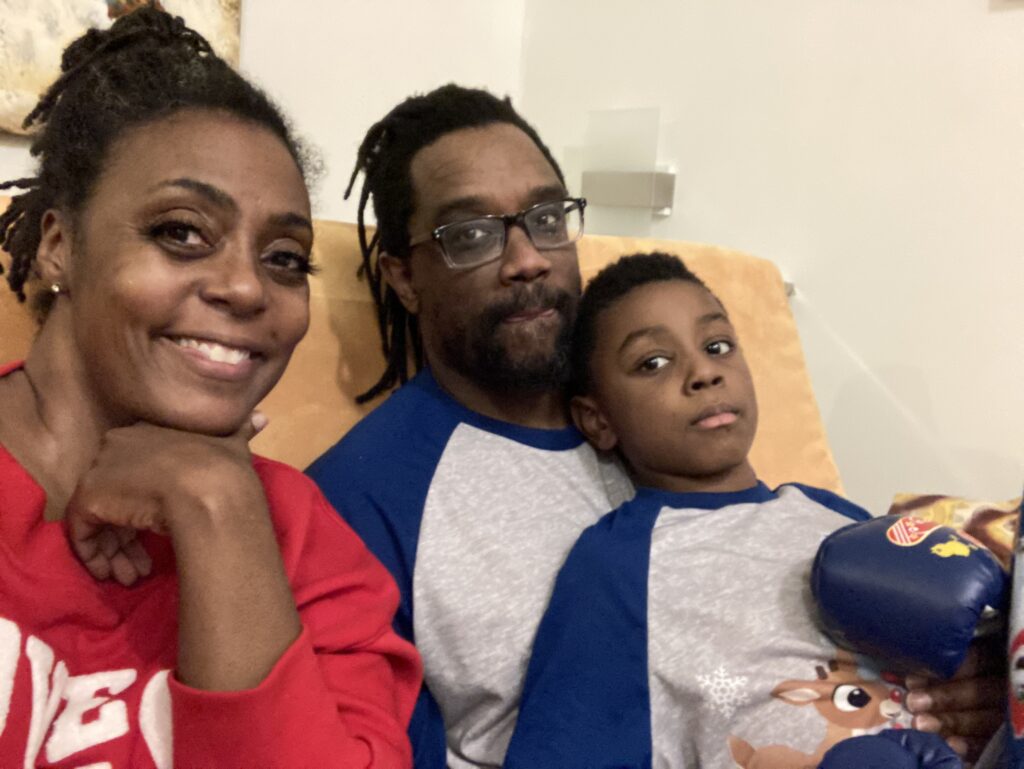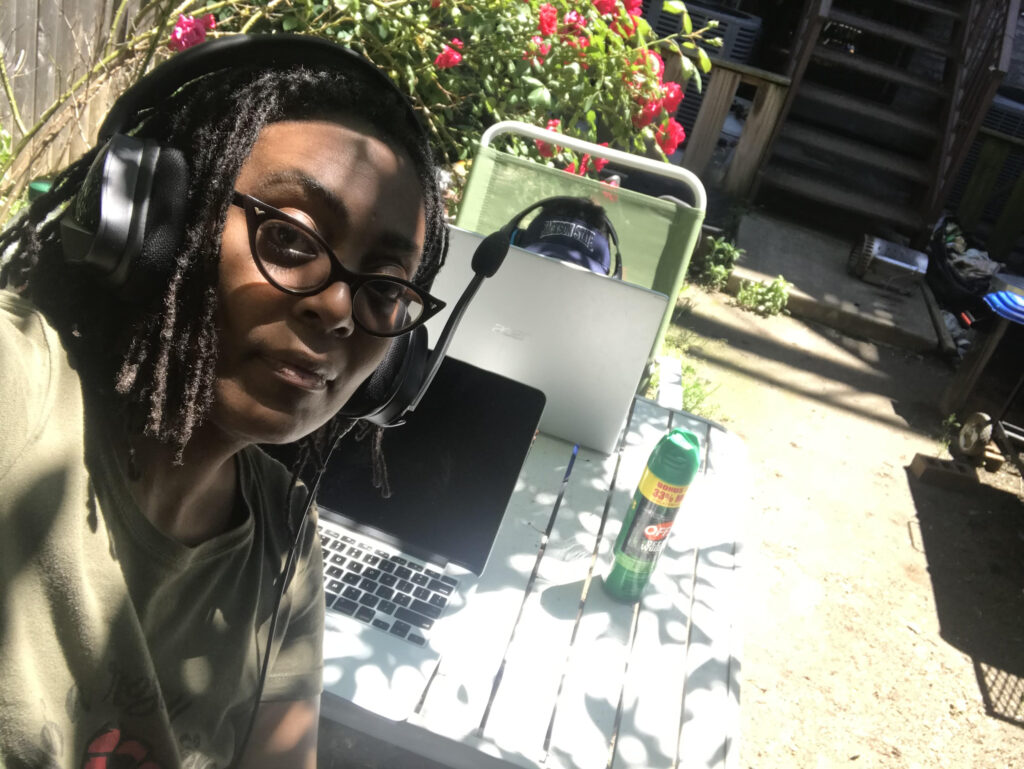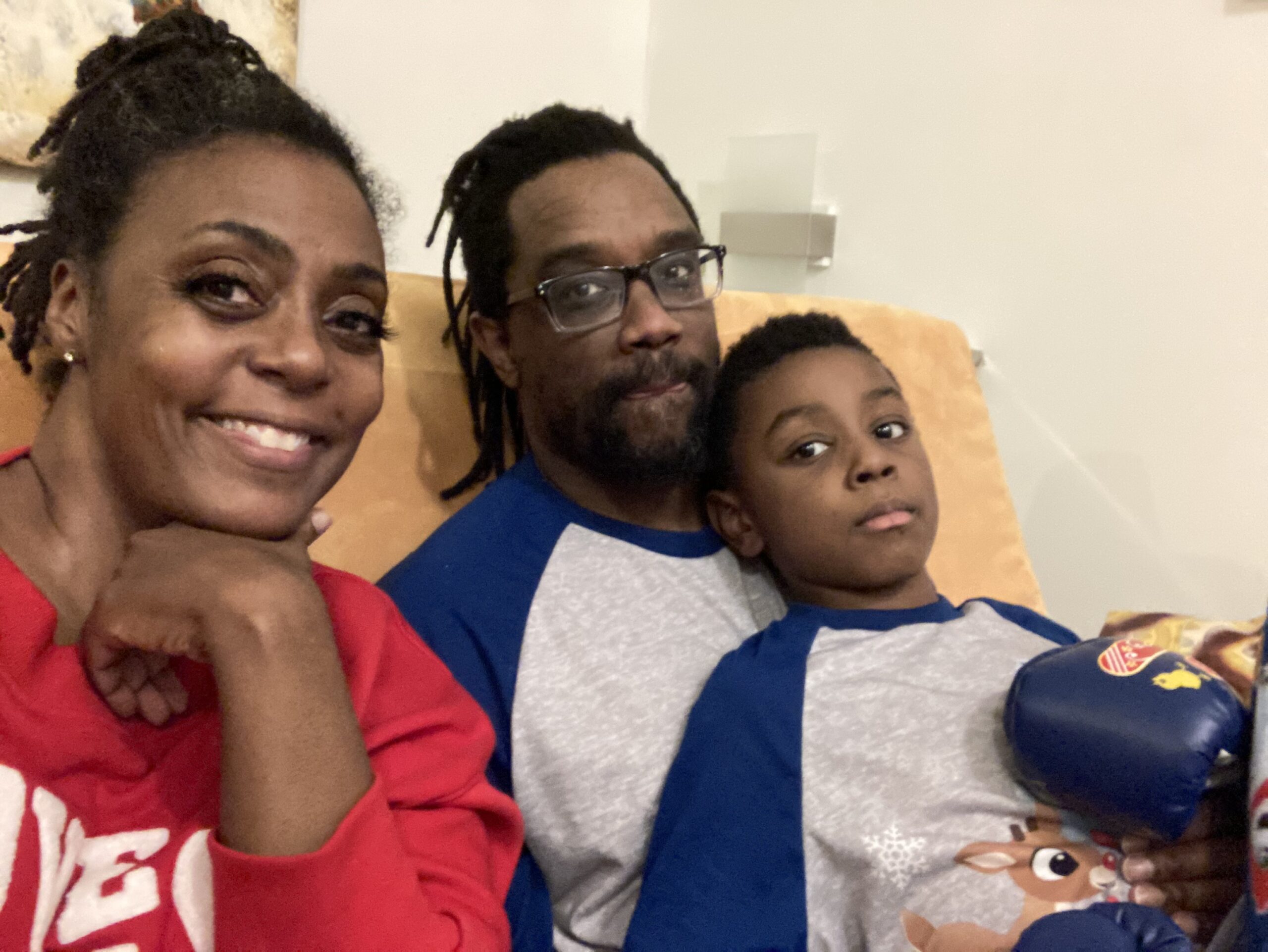(Her)oics Launch is this week, March 11th! Please check out the book and pre-order here, and consider coming to one of our events to see the writers and hear excerpts from their pieces. I will be there as well, of course. All events are free and virtual. The first is March 11, and the second March 13. Visit this page for details on all our events.

I caught up with writer Melba Nicholson Sullivan on the phone, our first time speaking after working closely via email on getting her piece ready for the anthology, months earlier. Both March 2020 Covid survivors, therapists, mothers and writers, we enjoyed our many crossovers. For (Her)oics Melba wrote “in real time” about her experience of the pandemic from the epicenter, New York, as a woman of color seeking a diagnosis and treatment early on. Her education and expertise comes through in her writing, even as she chronicles the simple parts of her day: missing Easter with her son as she quarantines in the basement, uncomfortable conversations with doctors, the change from school to home school, etc. Here’s more from Melba.
How did being part of the anthology impact you or your identity as a writer?
I went to grad school which was a highly critical space, and I came out not very confident of my writing voice. I had a friend talk me through writing the piece for the anthology. Having it accepted has given me a sense of calm and confidence. I’ve since written a piece for a journal, covering similar topics but with a more academic lens.
When I shared this essay with a friend, I got this wonderful text back:
Happy Birthday Sister. I praise God that he saw fit for you to conquer Covid and share your testimony with others.
I was so touched by that. It was the first time I thought of my writing as healing and generative, that I was truly aware of the impact it could have.
When you understand what’s possible as a writer and as a reader, the impact of sharing stories, to create something, and have people engage in the work—it’s powerful.

I agree. That is the essence of this anthology, for sure. How do you think your particular location and/or culture and community affect your experience of the pandemic?
Being in New York was such a different experience than I think many friends and family were having in other parts of the country. There was almost an attitude of, “You’re a New Yorker. All New Yorkers have it.” And of course I did have it, and ended up with some lingering symptoms. So it was hard to talk to folks outside the area and hear they still didn’t consider it a real threat. It’s given me a lot of opportunities to practice remembering how contexts shape our individual experience, and standing in my knowing no matter what anyone else believes.
Why do you think it was so hard for folks to accept the realities of this pandemic?
I think as a society we have an obsession with control and an inability to navigate uncertainty, as well as a weird belief – something like “If I acknowledge my lack of control, I give up all power.” There’s a conflation of agency and control, but I can have agency even when I am not in control. I can choose to wear a mask, advocate for myself at the doctor’s office, quarantine from my family, etc. But I can’t control who may or may not get this virus.
Yes. Important message. Tell us what’s next in your writing future?
Interesting thing to ponder. I am in the middle of major shift in my own career, from therapist to coach and I believe writing will fit into that. I am in a writer’s group for people of color, and I have several pieces I would like to return to after the pandemic, pieces that share the lessons I return to often with clients. My calling is teaching about stress resilience and thriving at work, on both an individual and organizational level. I have a lot to share on those topics.
I’m frustrated by the choices my son has as a young Black boy who is a voracious reader. I may do a children’s or young adult book that resonates with him.
What are you reading? Any writers you’d love to share or promote?
Well, I have a young son, so the first thing that comes to mind is children’s books! I actually love books for kids that can take complex topics and make them plain.
Currently I am reading, The World According to Fannie Davis by Bridgette Davis, Quam: Ancient Answers for Modern Times by my best friend from third grade, Tian of Siam, Love and Rage by Lama Rod Owens. I also really enjoy the books by Neale Donald Walsch (The Little Soul and the Sun) and Rev angel Kyodo Williams (Being Black and Radical Dharma).
Thinking of other writers- I could go on and on! Octavia Butler, Alice Walker, Bell Hooks, Chimanda Ngozie Adichie..right now I am reading Heads of Colored people by Nafissa Thompson-Spires and it’s delicious prose.
Finally, I highly recommend My Grandmother’s Hands: Racialized Trauma and the pathways to mending our hearts and bodies by Resmaa Menakem. It’s a very important book- I am in a study group in which we are reading two chapters per month and gathering in a sacred triad plus a larger community of Black people. There’s a lot to unpack.
These sound like amazing recommendations-a few I ordered immediately! When can our readers hear you read an excerpt of your essay?
And how do we find you?
Thanks Melba, so glad to have you on the (Her)oics team.
BIO
Dr. Melba J. Nicholson Sullivan is a healer. She earned her license and doctorate in clinical-community psychology and is currently building two businesses committed to creating workplace cultures that reduce stress and promote resilience at work, in community, and at home. She resides on stolen Lanape stewarded land, also known as Brooklyn, NY with her partner, Jamal and their son, Kai. The Sullivans enjoy playing games, hanging out, traveling, and resting near the ocean with their birth and chosen families.
